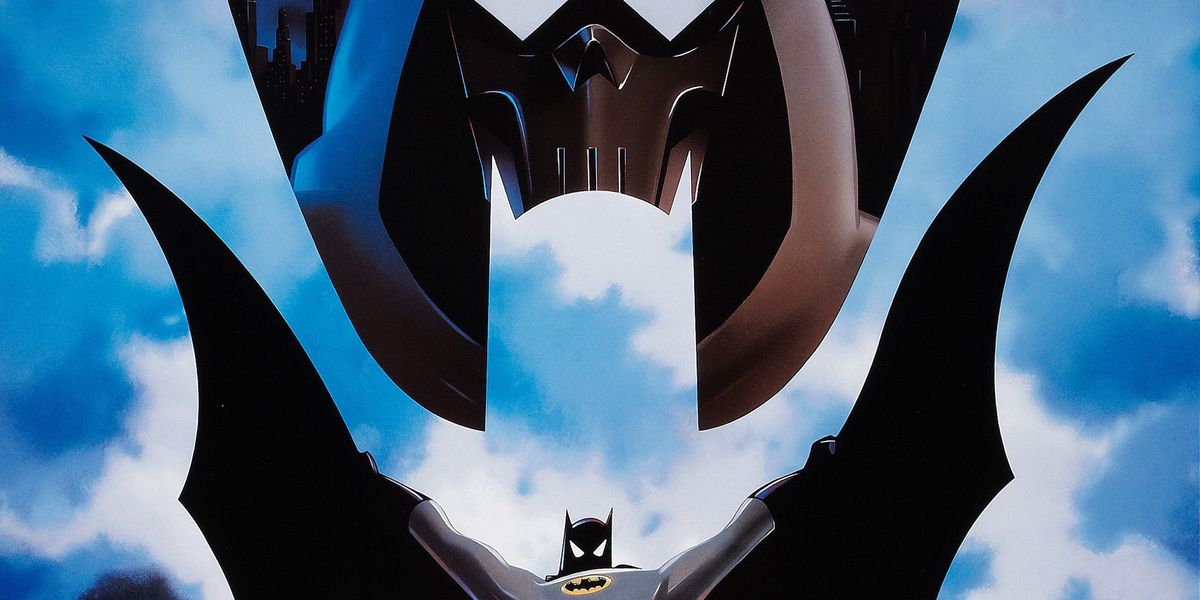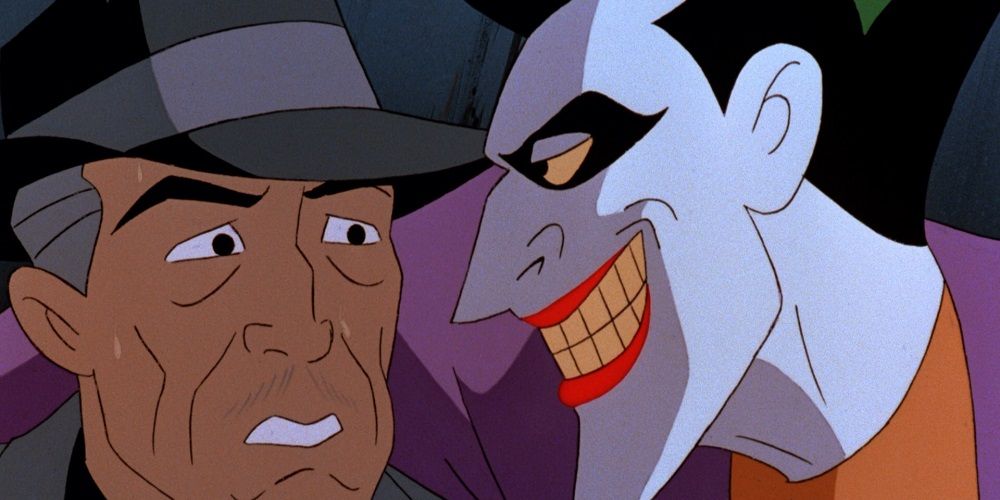Christmas marked the 25th anniversary of the release of Batman: Mask of the Phantasm. While it's widely regarded as one of the best DC animated films to date, there are many who consider it the quintessential Batman story -- even surpassing Warner Bros.' live-action features.
Unfortunately, the film bombed at the box office, making only $5.8 million on a production budget of $6 million. The primary reason for that was the late decision to release it in theaters rather than direct to video. Despite this poor commercial showing, Mask of the Phantasm found a new lease on life on home video, and received the acclaim it duly deserved.
RELATED: The Justice League's Biggest Hypocrite Is the Hero You Least Expected
It's a continuation of the critically lauded Batman: The Animated Series, so the film's quality was never in doubt. Yet, it broke one cardinal rule from the show's writers' bible: no stories about Batman's origin. Not stopping there, the film also threw in a little tidbit of the Joker's past for good measure.
The animated series' main motivation for avoiding the origin retelling was because it assumed everyone knew how the Dark Knight came to be, due to his pop culture influence. Because time was limited on the show, the creators stuck to telling stories about the Caped Crusader as a full-fledged and accomplished crime-fighter. It makes sense, as we've witnessed so many superhero shows spend entire seasons regurgitating the origins that we're already familiar with.
While Batman: Mask of the Phantasm broke this rule, it did so in a smart way, by intertwining Batman and the Joker's origins into the main plot and backstory of the Phantasm. The flashbacks were necessary to see how Bruce Wayne and Jack Napier tied in with the Beaumont family, and how their paths were destined to cross from the get-go. This wasn't about seeing the Waynes gunned down in Crime Alley or Mr. J falling into a vat of acid for the hundredth time; it was about the other events that molded and shaped them into who they are.
RELATED: Batman: Tom King Has Transformed Bane Into the Greatest Bat-Villain, Ever
If anything, it humanized both characters more than any other film before or after. Suddenly, we saw Bruce as someone who wanted to feel love and happiness, but was riddled by the guilt of a child's promise to his deceased parents. He was written as a human being who experienced the range of his emotions, rather than as a cold crime-fighter who broods on top of a gargoyle. In the Joker's case, it complemented Tim Burton's interpretation of the character, where he's a mobster playing with fire. It was evident that he already had a few screws loose before he became the Clown Prince of Crime.
Speaking to Flickering Myth, the voice of Batman, Kevin Conroy, discussed his thoughts on the movie. "I think that is the best Batman movie, live-action or animated. You get the whole genesis of the Batman story in that one film. And then you've got the drama, falling in love with Andrea Beaumont, wanting to have a normal life, pleading with his parents' grave to release him from the vow and then realizing he's doomed to avenge their deaths. He's trapped in his fate. It's a great, classic, tragic movie," he said.
Conroy's assessment of it being a "tragic movie" is spot-on. The tale of Batman isn't meant to be a happy one. He's a guy who experienced a trauma in his early life and spends the rest of his days trying to right the wrongs of the world. While it's incredibly honorable, it also means he'll never be able to live a normal life. His quest for justice and vengeance comes at the ultimate price: His own happiness.
RELATED: A Major Batman Villain Gets A Very Deadly Weapon Upgrade
Twenty-five years later, Batman: Mask of the Phantasm still serves as a perfect example of how to merge an origin story with a riveting, unique narrative. It adhered to the "show, don't tell" model of storytelling and it demonstrated how a superhero's "beginnings" don't need to be boring or generic. To this day, it still stands as the most honest and in-depth cinematic assessment of who Batman and the Joker really are.



